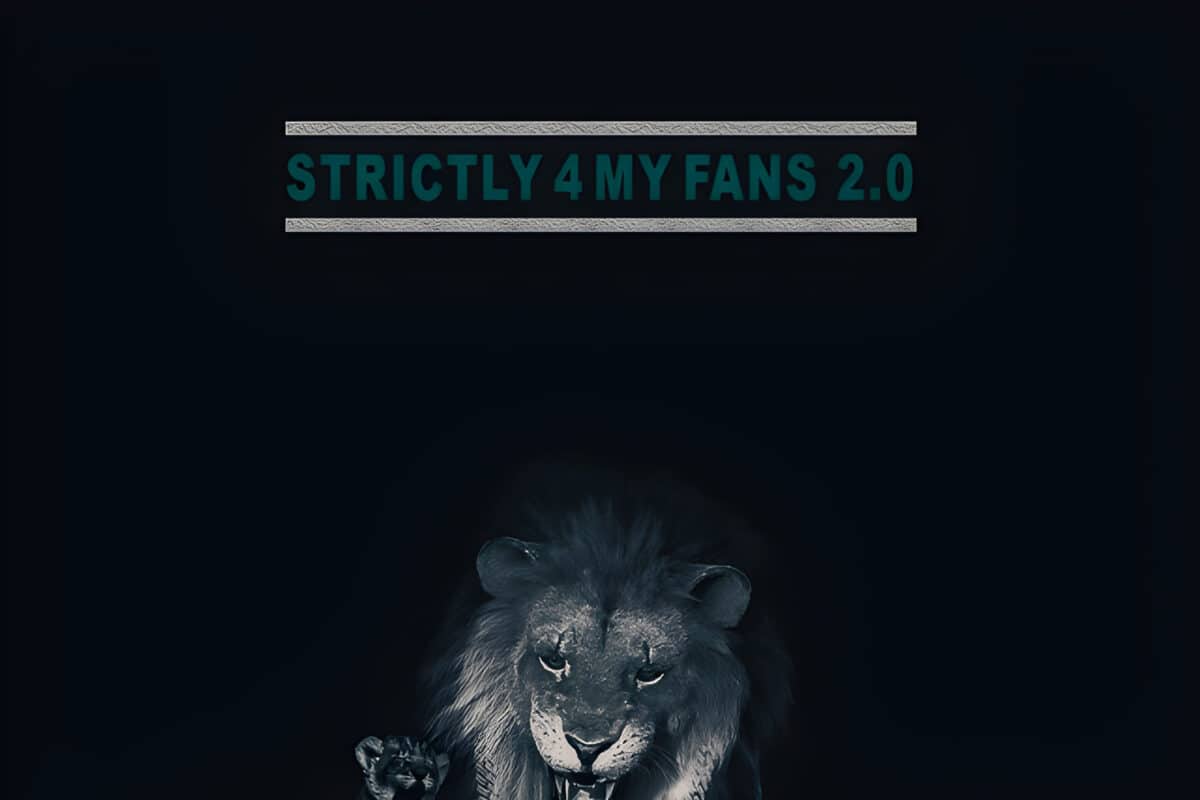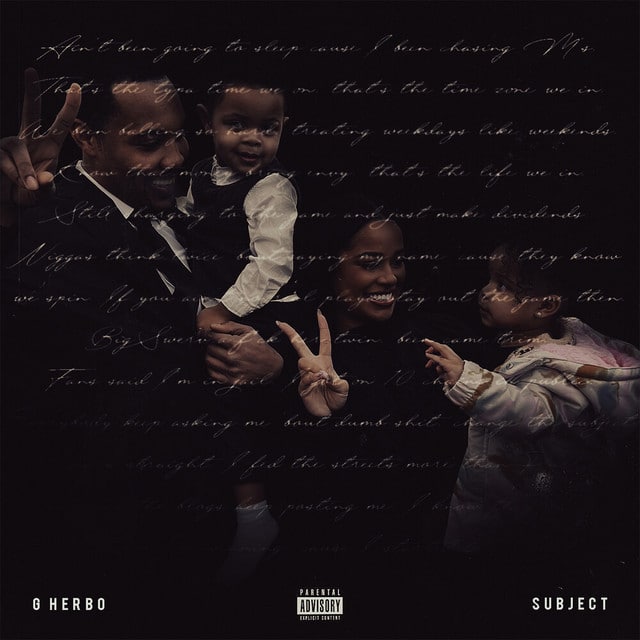Released: 2024
G Herbo’s song “Any Other Way” is a reflective piece that dives deep into his life experiences and the mentality that shaped him as an artist and an individual. It’s a raw portrayal of street life, emphasizing loyalty, struggle, and a relentless pursuit of success. G Herbo provides a narrative that melds personal reflections with street codes, presenting an unapologetic view of his life in the trenches.
The song begins with a casual request for drinks, symbolizing perhaps a habitual or ritualistic aspect of his lifestyle, intertwined with addiction themes, suggested by the hook’s repetitive lines “Boy, I think about it every night and day” and “I’m addicted, wanna drown inside your love.” Here, addiction can symbolize the draw to a lifestyle or state of being that is all-consuming.
G Herbo repeatedly references himself as “Big Swerv’,” a moniker that asserts his dominance and stature within his world. The name “Swerv” likely reflects his agile navigation through the tumultuous streets. By proclaiming he’s the “biggest Swerv,” Herbo emphasizes his influential presence and expertise in handling the streets’ challenges.
In the first verse, G Herbo describes his past priorities, confessing to neglecting both school and family. His focus was solely on survival and the completion of street “hits” – a term for illicit tasks or crimes necessary for respect and survival in gang culture. These activities required an unwavering commitment and strategic action, described in lines like “When we blitz, it’s two plus two, that was all we knew.”
The theme of loyalty versus betrayal is strong as Herbo touches on the need for choosing sides in street conflicts. It’s a high-stakes game of war with real consequences: “Wartime, it’s two sides, you gon’ win or lose.” The pressures to prove one’s allegiance or capabilities are crucial in these environments, captured in the challenge to “if you with us, prove it.”
The verses continue with a recount of summer days where camaraderie among friends took center stage, despite the inherent danger and legality of their actions. Lines like “Hundred-fifty when they callin’, just a few of us doin’ it” paint a picture of close-knit loyalty in contrast to those merely involved for clout or self-gain.
G Herbo then opens up about his days before fame, depicting a stark contrast between his current lifestyle and his past. “Used to sleep in hallways, now we play freeways” highlights a rags-to-riches narrative. Yet, he also acknowledges the enduring memory of those he’s lost or the loyalty that still binds him to those beginnings.
In touching upon drug use, Herbo alludes to substance abuse not as mere indulgence but as a misguided pursuit of belonging or affection: “And even when we did drugs, it was always to feel love.” It’s a vulnerable admission, illustrating how deeper issues of acceptance and emotional fulfillment permeate through the glamorized portrayal of drug culture.
The track then transitions to the serious business of crime and trust, emphasizing “blood money” and the harsh lessons about loyalty: “You can’t trust no one to you, know nothin’ but slug.” His narrative stresses the violence inherent in these exchanges, portrayed as a grim but necessary part of survival and camaraderie within his circles.
Finally, G Herbo punctuates the piece with vivid imagery of the street violence he’s known, invoking memories of guns and battles fought not just for pride, but often for family, loyalty, and survival. Lines about “clearing the room out for my lil’ cuz” underscore a protective, familial loyalty amidst the chaos.
The song “Any Other Way” paints a compelling picture of G Herbo’s life, encapsulating the struggles, codes, and choices he has navigated. It’s a complex mosaic of triumphs and tribulations, love and addiction, drawing the listener into a world where every decision carries weight, and where music becomes an outlet for storytelling and truth-telling.








